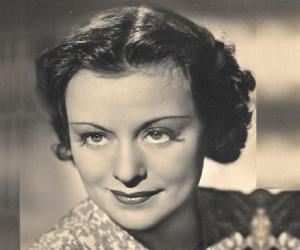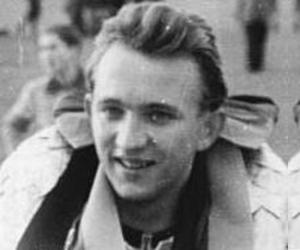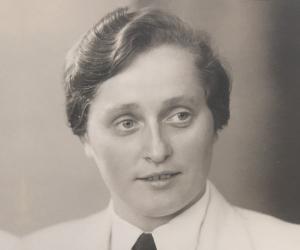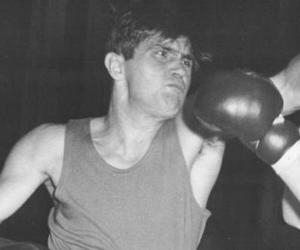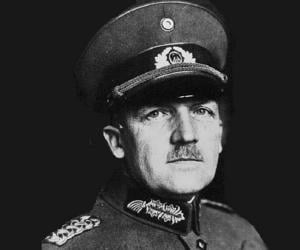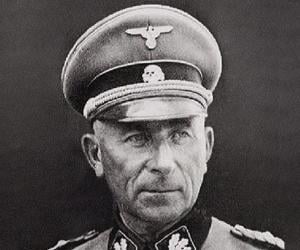German general Kurt von Schleicher was the last Chancellor of the German Reich, or Weimar Republic, before Adolf Hitler came to power. He was killed on Hitler’s orders during the purge called the Night of the Long Knives. He had attempted to form an anti-Hitler coalition called the Querfront.
Paul Hausser was a German general who played an important role in the post-war efforts in order to achieve legal and historical rehabilitation. Hausser was among many former members of the Waffen-SS who strived towards achieving rehabilitation. He also played a prominent role during World War I, serving in the Prussian Army.
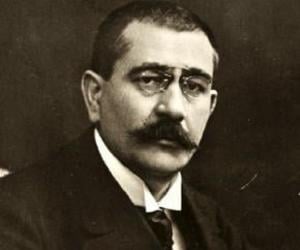
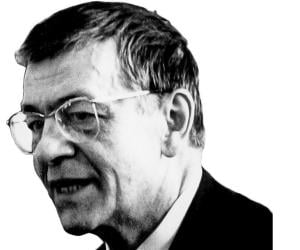
German-born novelist and playwright Peter Weiss was forced to move to England, Switzerland, and Czechoslovakia, to avoid Nazi persecution, and eventually moved to Sweden and took up Swedish citizenship. Initially a painter and photographer, he later turned to filmmaking. His best-known works include the play The Investigation and the novel The Aesthetics of Resistance.
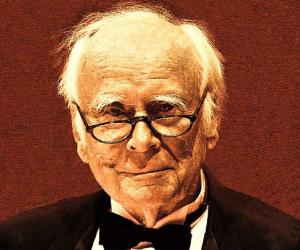

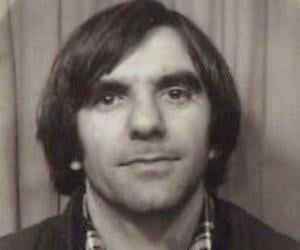
Rudi Dutschke was a German sociologist and political activist. He was a leading figure within the West German Socialist Students Union (SDS). He was also involved with the Federal Republic's broader “extra-parliamentary opposition” (APO). He supported a world-wide socialist revolution. He was brutally attacked by an assassin in 1968 and struggled with his injuries for years before dying in 1979.
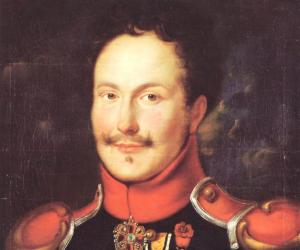
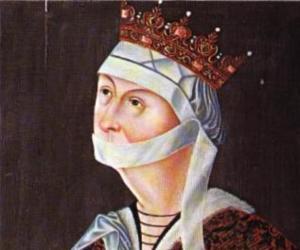
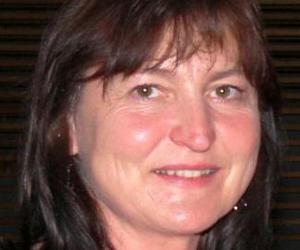

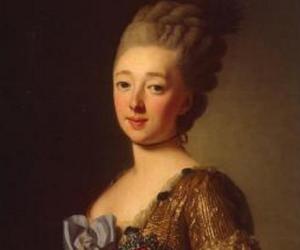

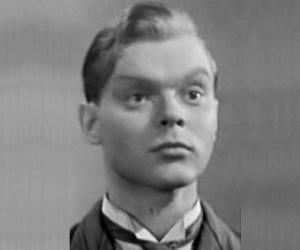
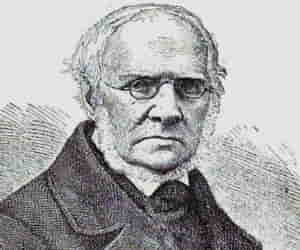
Karl Ludwig Hencke was a German amateur astronomer. He discovered several minor planets and two asteroids from his private observatory. As a young man, he volunteered in the Wars of Liberation for Prussia but was wounded. After that, he became a post official, later on serving as the city court judge in his city of birth.
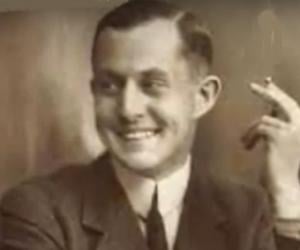

Initially a schoolmaster, Christian Konrad Sprengel rose to be a prominent botanist in Germany and is now remembered for his contribution to the study of plant fertilization. However, the initial failure of his published work made him decide not to publish any further work. In his later years, he turned to philology.
